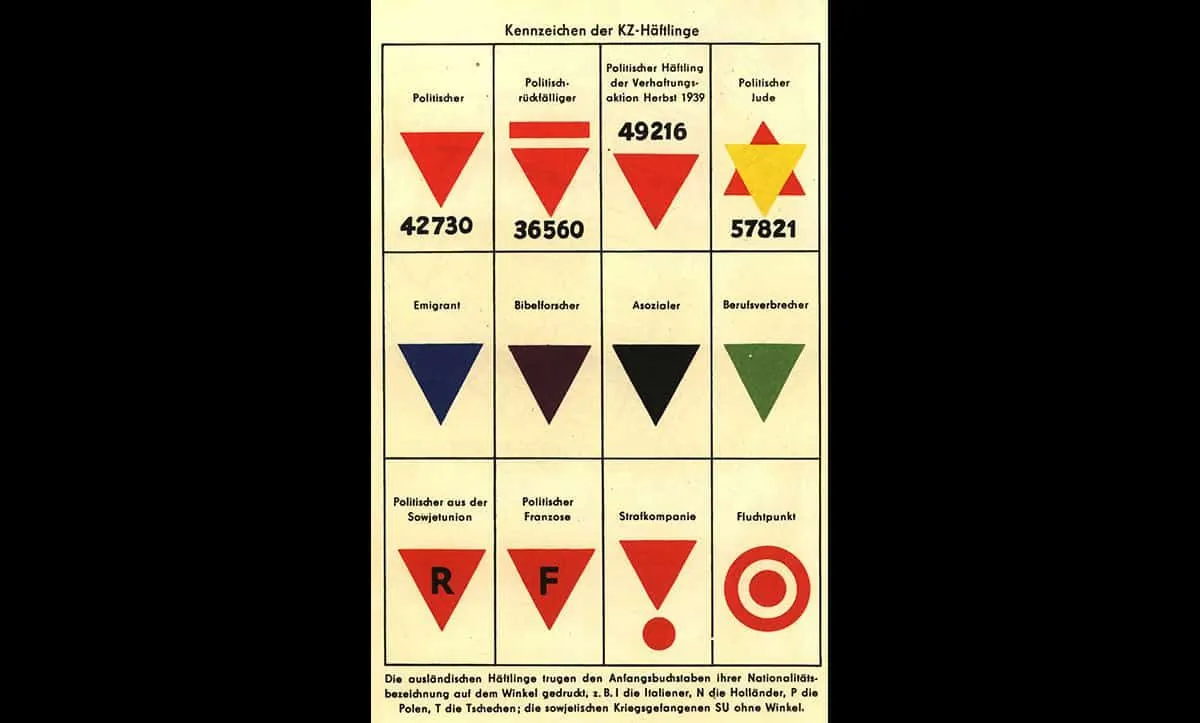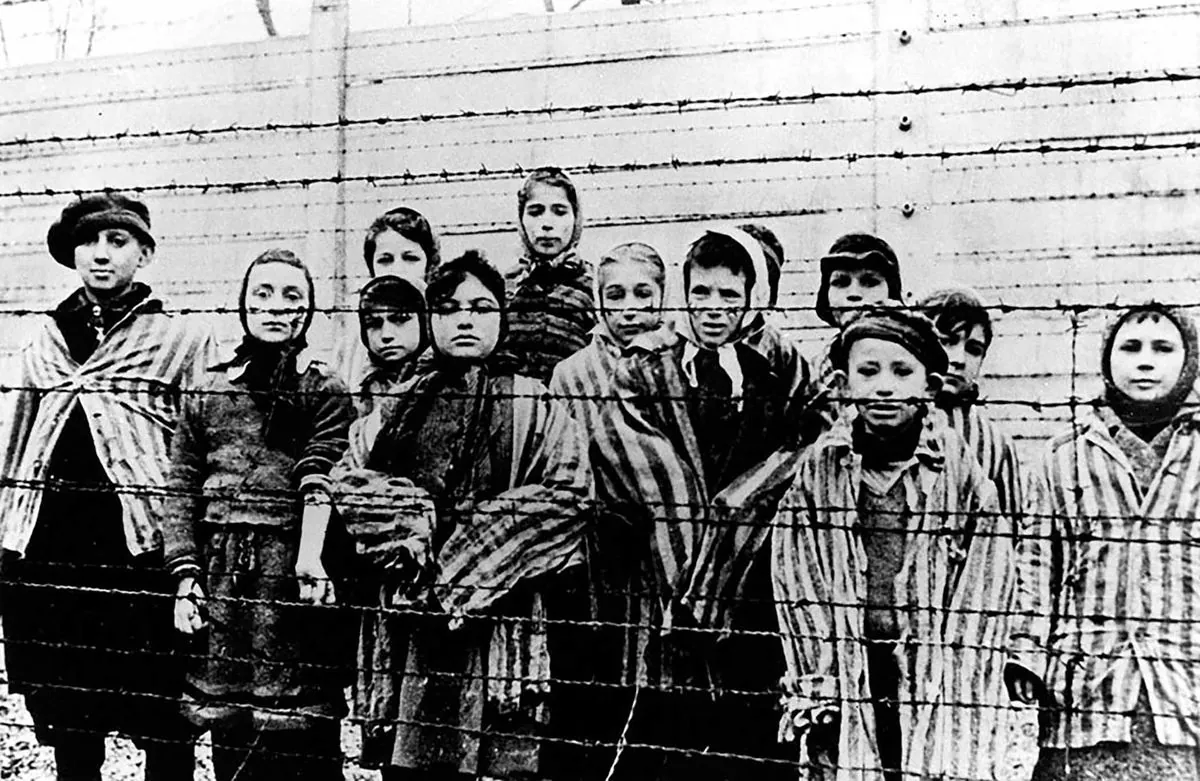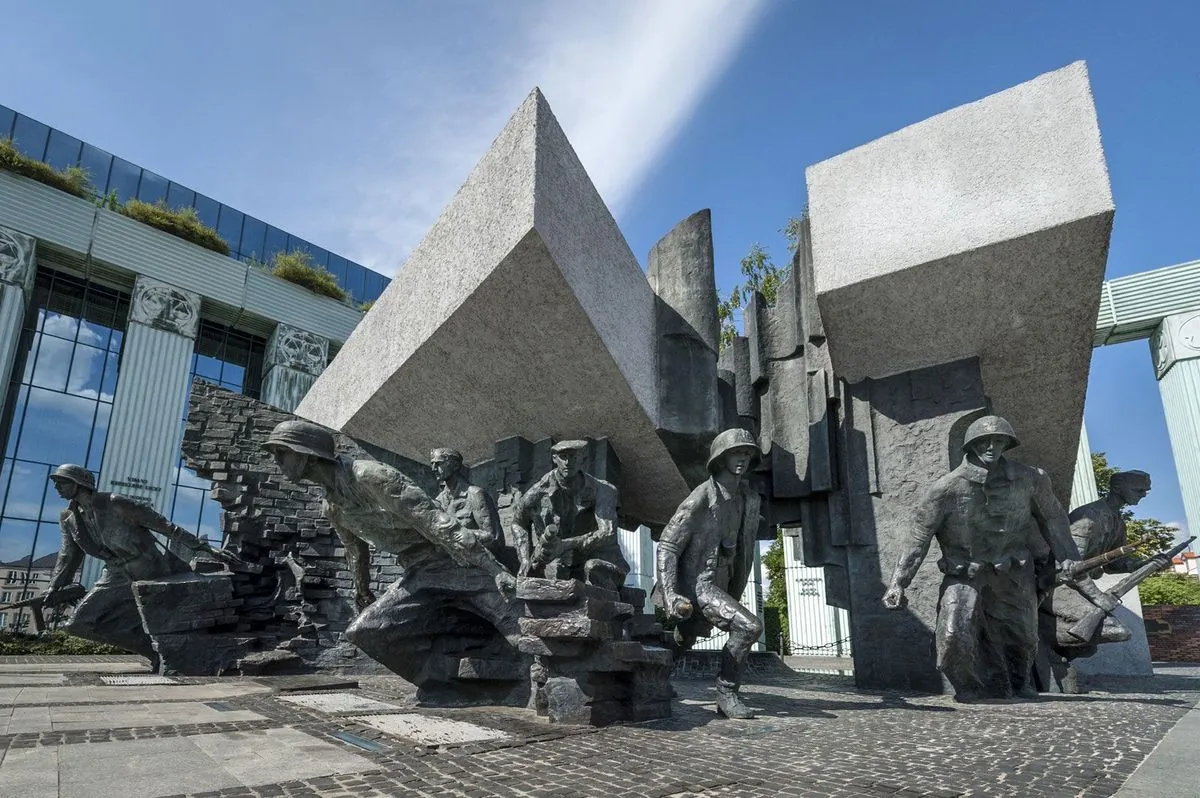Nazi-Seized Treasures Returned to Polish Families After 80 Years
Personal belongings of Polish concentration camp victims were returned to their families in Warsaw. The emotional ceremony, part of Arolsen Archives' campaign, reunited 12 families with long-lost mementos.

In a poignant ceremony held in Warsaw, families of 12 Polish concentration camp survivors received personal belongings confiscated by Nazi forces 80 years ago. This event, part of the Arolsen Archives' "Warsaw Uprising: 100 Untold Stories" campaign, aimed to reunite families with mementos of their relatives who endured the horrors of World War II.
Stanislawa Wasilewska's story exemplifies the significance of this restitution. Captured by Nazi troops on August 31, 1944, during the Warsaw Uprising, she was sent to Ravensbrück, the largest women's concentration camp in the German Reich. Later transferred to Neuengamme, a network of Nazi concentration camps in Northern Germany, Wasilewska was assigned prisoner number 7257.

Eighty years later, Wasilewska's grandson and great-granddaughter received her confiscated jewelry, including two amber crucifixes, part of a golden bracelet, and a gold wristwatch. The wristwatch, engraved with the initials KW and the date 7-3-1938, likely commemorated her wedding to Konstanty Wasilewski.
Malgorzata Koryś, Wasilewska's 35-year-old great-granddaughter, expressed the emotional impact of this return: "This is an important moment in our lives, because this is a story that we did not fully know about and it came to light."
Another family, represented by 29-year-old Adam Wierzbicki, received items belonging to his great-grandfather's sisters, Zofia Strusińska and Józefa Skórka. Captured on August 4, 1944, the sisters endured similar ordeals in Ravensbrück and Neuengamme before being liberated.
The Arolsen Archives, an international center on Nazi persecution, holds information on about 17.5 million people and stores approximately 2,000 items seized from concentration camp inmates. These items, carefully preserved with their owners' names, have enabled this remarkable return process.
"Every object that we return is personal. And it's the last personal thing a person had on them before they became a prisoner, before they became a number. So it is a very important object for a family."
The Warsaw Uprising, which began on August 1, 1944, was a 63-day struggle by the Polish underground resistance Home Army against Nazi occupation. Despite their heroic efforts, the uprising ended in defeat, resulting in the deaths of 200,000 fighters and civilians. In retaliation, the Germans expelled surviving residents and reduced Warsaw to ruins, systematically destroying 85% of the city.
This return of personal belongings serves as a poignant reminder of the human cost of World War II, during which Poland lost approximately 17% of its population. It also highlights the ongoing efforts to address the legacy of Nazi looting and to provide closure for survivors and their families.

The process of locating families has been challenging but rewarding. Volunteer Manuela Golc has successfully traced over 100 Polish families, often providing information previously unknown to them. Her dedication, which included leaving waterproofed notes on cemetery graves, exemplifies the commitment to reuniting these precious mementos with their rightful heirs.
As more such ceremonies are planned, this initiative continues to bridge the gap between past and present, offering families a tangible connection to their history and honoring the memory of those who suffered under Nazi oppression.


































